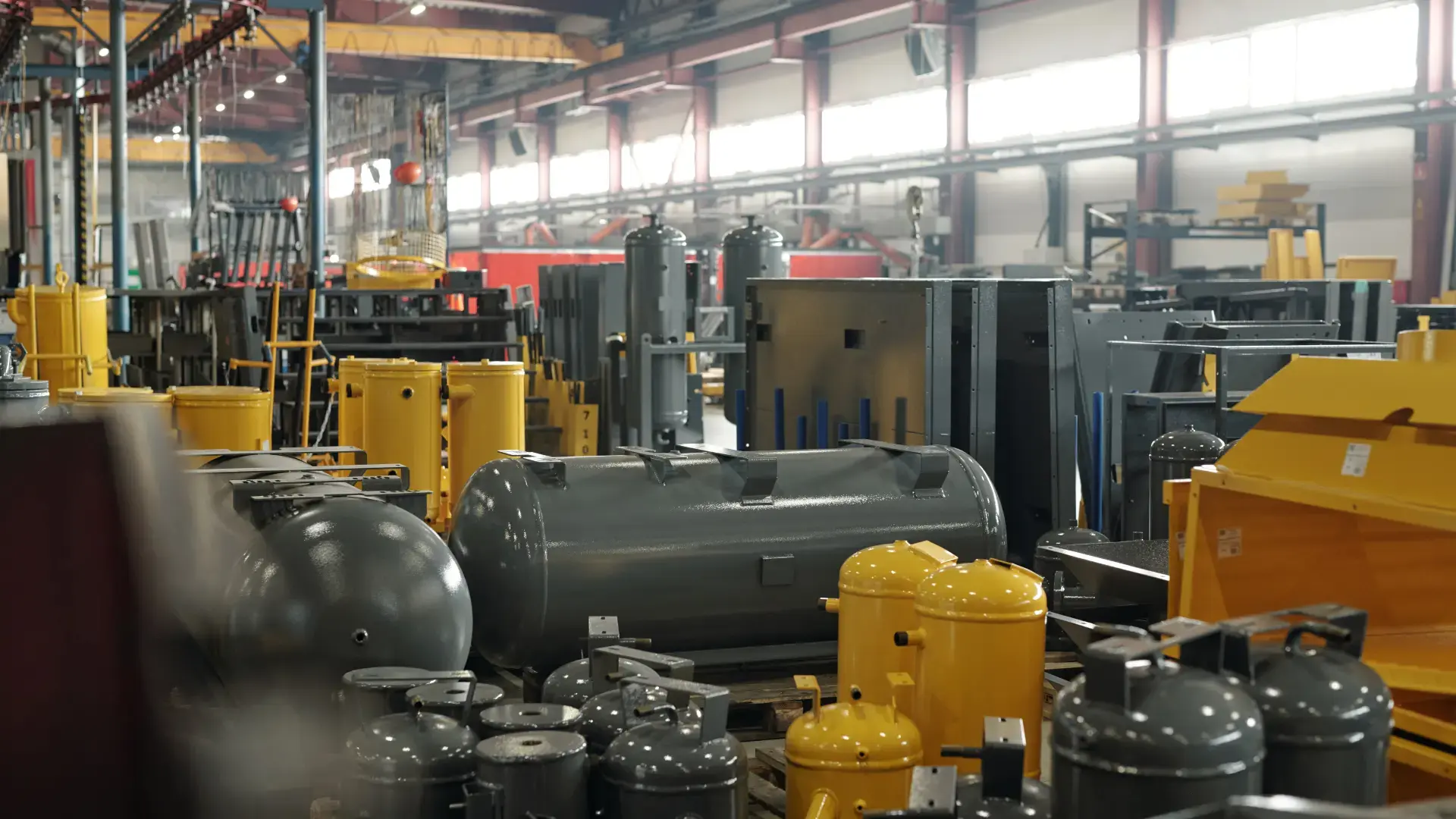Your Company Deserves Better than One-Size-Fits-All
It’s a competitive, competitive world. Businesses need to stand out, not only among established players but also among the horde of new companies...
2 min read
Single Source Systems, Inc. : May 16, 2025

Single Source Systems has worked closely with customers in a wide variety of vertical industries, learning the specialized intricacies and subtle nuances that make the industry unique from other verticals. While many service-centric organizations share common attributes, it’s the distinct differences between them that stand out—and require specialized attention during an ERP implementation, upgrade, consulting, or programming project.
For nearly 40 years, Single Source has built expertise in numerous manufacturing, distribution, construction, and service industries. Companies that provide service for pumps and compressors are one of the top verticals.
“The industry is one that is thriving and one that appreciates the role of highly efficient systems and smart technology. Being field service-driven, their business model is labor-intensive. That means the productivity of the technicians is essential to profitability,” says Marty Rhodes, president of Single Source Systems. “This is where we come in. We can help fine-tune and boost efficiency because we understand what’s involved in service calls and service agreements, from managing recurring work orders to tracking as-serviced history and serialized parts inventory.”

Companies that perform service for Pumps and Compressors often offer service agreements, preventive maintenance, inspections, and promise same-day service for mission-critical equipment, providing back-up rental units until the repair can be completed. The pumps and air compressors used are frequently critical to the company’s operations, such as hydraulic arms in manufacturing or pumps that keep water running through cooling units in commercial refrigeration. There isn’t tolerance for delays in dispatching service technicians, inadequate inventory or spare parts, or confusion over the as-serviced configuration of the equipment.
“We have observed what works and what doesn’t in this industry as we have worked with highly successful companies, helping them optimize their solutions,” says Rhodes. “We bring that experience to every similar situation. We can hit the ground running, because we are already up to speed on the type of processes and functionality needed,” he adds. “That make us ultra efficient in managing the deployment of a service management ERP solution —and we are likely to provide valuable insights, some new way of thinking about a process.”

The ability to track an individual piece of serviceable equipment by a serial/unit/asset number. This unique identifier allows a service organization to maintain the service history of a specific piece of equipment.
The configuration or number of components of a unit managed may vary from company to company. Some companies may manage a unit at a single level (the unit itself). Other companies may have a multiple-level configuration made up of many "parent" parts that are then made up of "child" parts. Companies must decide the level of service needed to support their business model/ requirements.
The unit model may be manufactured or sold based on specific requirements. A product can be configured differently for different company needs. The service organization needs to know the differences so that parts and history are logged for each unique piece of equipment.

Many companies like to pre-schedule preventative maintenance service calls at least a month in advance so that replacement parts are reserved in inventory or ordered in sufficient time to be available for the visit.
Single Source Systems is well-versed in vertical specifics such as these, and more. If you’d like to know more about vertical expertise, reach out to us at Succss@singsrc.com.

It’s a competitive, competitive world. Businesses need to stand out, not only among established players but also among the horde of new companies...

Enterprise resource planning (ERP) tools remain some of the most important corporate applications available. One of the biggest questions companies...

Did you face issues in your business? You don't have a software similar to ERP for construction companies? Don't worry this helpful guide will going...